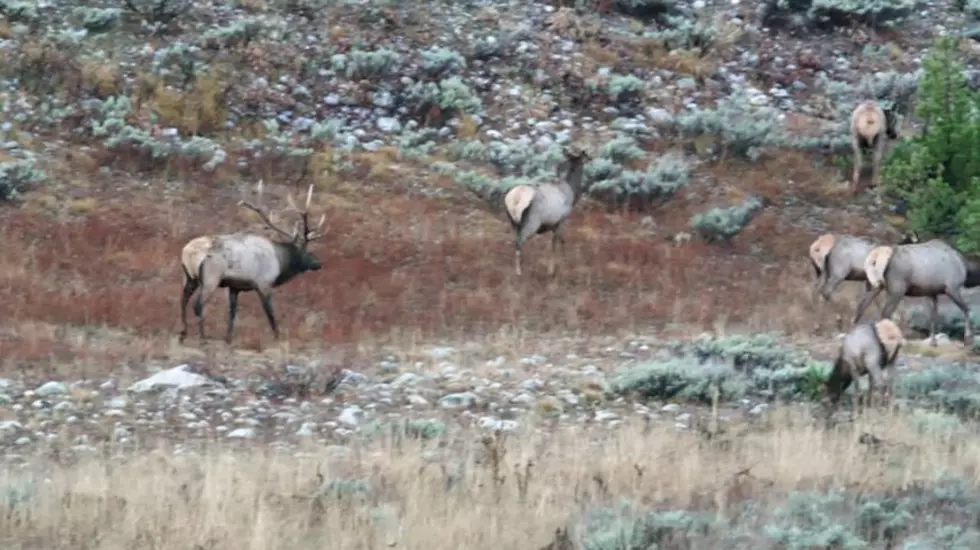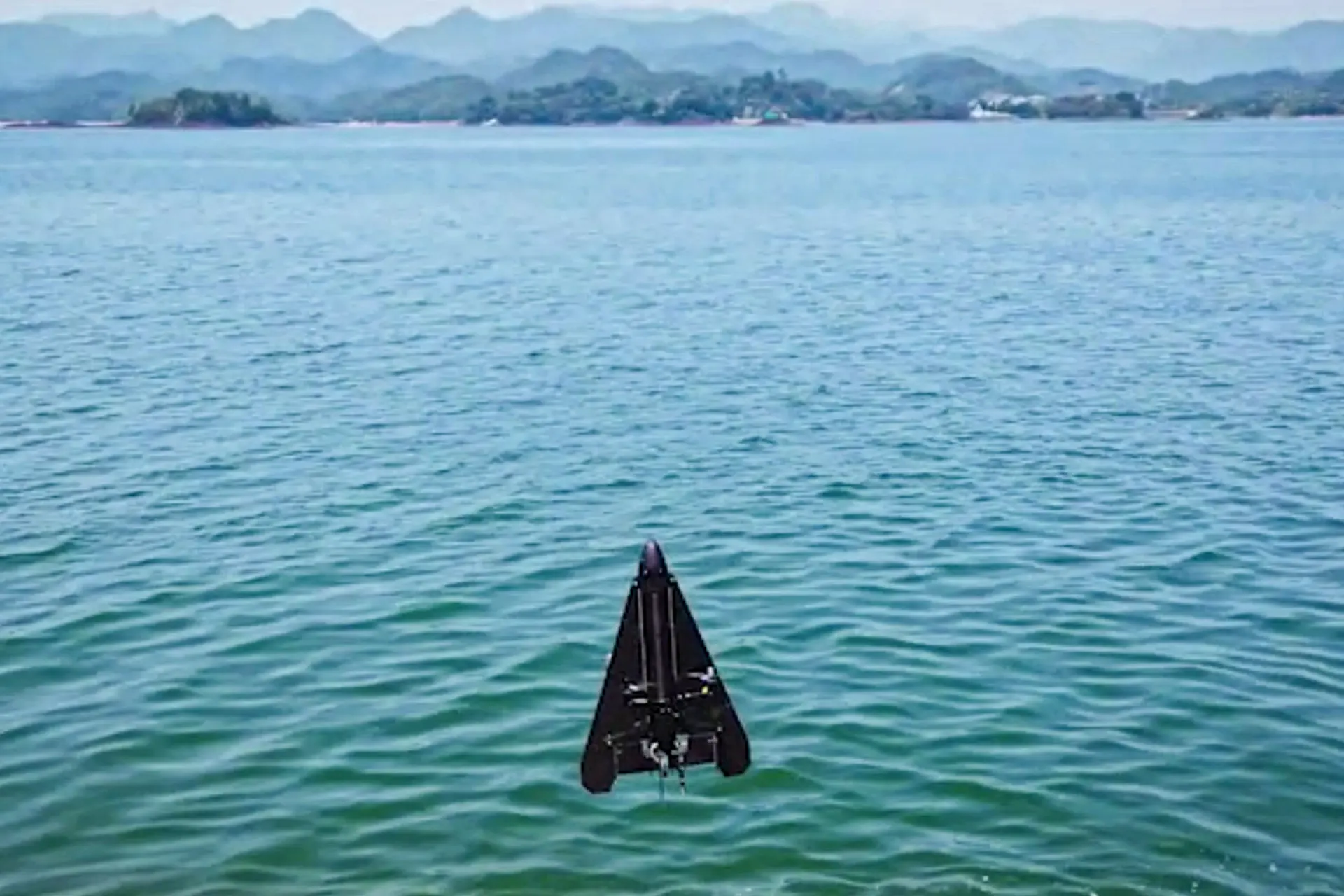Beijing Accuses Canberra of Airspace “Cover-Up” Amid Rising South China Sea Tensions

The uneasy calm between China and Australia has cracked again, this time over the skies of the South China Sea. Beijing has accused Canberra of “illegally intruding” into Chinese airspace and attempting a cover-up, a day after Australia claimed that a Chinese jet endangered one of its patrol planes with “unsafe and unprofessional” manoeuvres.
Chinese Defence Ministry spokesperson Jiang Bin said on Tuesday that Australia’s official statement “shifts the blame onto China” and alleged that an Australian military aircraft entered airspace over the Xisha Islands (known internationally as the Paracel Islands).
“China has lodged a solemn complaint,” Jiang told reporters, warning Australia to “restrain its frontline forces” and “avoid damaging relations between China and Australia.”
Canberra, for its part, insists its surveillance flight was entirely lawful. The Australian Defence Force (ADF) said the Chinese fighter “released flares in close proximity” to an Australian maritime patrol aircraft during a routine mission on Sunday, adding that such operations have been conducted “for decades … in accordance with international law.”
Neither side provided flight coordinates, but the dispute once again underscores the high-stakes ambiguity of the South China Sea, where competing territorial claims collide with great-power signalling. Beijing asserts sovereignty over almost the entire waterway, ignoring a 2016 Hague tribunal ruling that found its claims legally baseless.
The timing is politically charged. The accusations flared just as Prime Minister Anthony Albanese was in Washington meeting President Donald Trump, where the two leaders inked an $8.5bn rare earth and critical minerals deal and discussed Australia’s role in the AUKUS submarine pact.
Trump called the submarine project “moving along full steam ahead,” even as China condemned AUKUS as an arrangement that “increases nuclear proliferation risks.”
For Beijing, linking Canberra’s surveillance flights with its growing US defence cooperation serves a dual purpose: portraying Australia as a military proxy and framing AUKUS as part of a containment strategy. For Canberra, standing firm on “freedom of navigation” patrols remains both a principle and a necessity, but one that risks turning each flare or flyby into another diplomatic crisis.









The latest news in your social feeds
Subscribe to our social media platforms to stay tuned